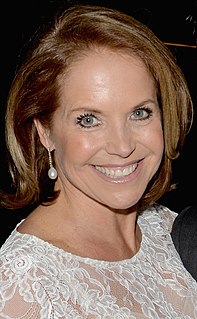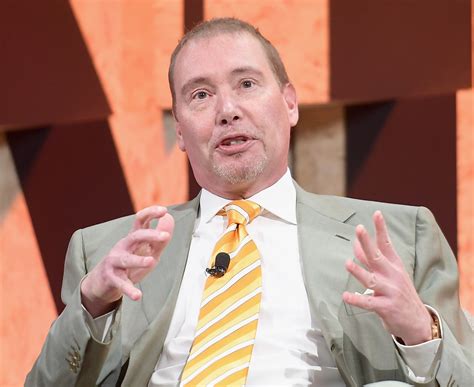A Quote by Olivia Wilde
Only the really young are fearless, have the optimism, the romanticism to take unimaginable risks.
Quote Topics
Related Quotes
It's very important to take risks. I think that research is very important, but in the end you have to work from your instinct and feeling and take those risks and be fearless. When I hear a company is being run by a team, my heart sinks, because you need to have that leader with a vision and heart that can move things forward.
Now the basic impulse behind existentialism is optimistic, very much like the impulse behind all science. Existentialism is romanticism, and romanticism is the feeling that man is not the mere he has always taken himself for. Romanticism began as a tremendous surge of optimism about the stature of man. Its aim - like that of science - was to raise man above the muddled feelings and impulses of his everyday humanity, and to make him a god-like observer of human existence.
When large companies take on risk, then they impose risks on the rest of the system. And these are systemic risks and these systemic risks we never used to think were really that important, but as soon as we recognize how the financial sector - the risks the financial sector takes on can impact the entire global economy, we realize that those risks needed to be controlled for the social good.
There are really two kinds of optimism. There's the complacent, Pollyanna optimism that says, 'Don't worry - everything will be just fine,' and that allows one to just lay back and do nothing about the problems around you. Then there's what we call dynamic optimism. That's an optimism based on action.
There are really two kinds of optimism. There's the complacent, Pollyanna optimism that says "don't worry - everything will be just fine" and that allows one to just lay back and do nothing about the problems around you. Then there's what we call dynamic optimism. That's an optimism based on action.
The trouble is that the risks that are being hedged very well by new financial securities are financial risks. And it appears to me that the real things you want to hedge are real risks, for example, risks in innovation. The fact is that you'd like companies to be able to take bigger chances. Presumably one obstacle to successful R&D, particularly when the costs are large, are the risks involved.


































